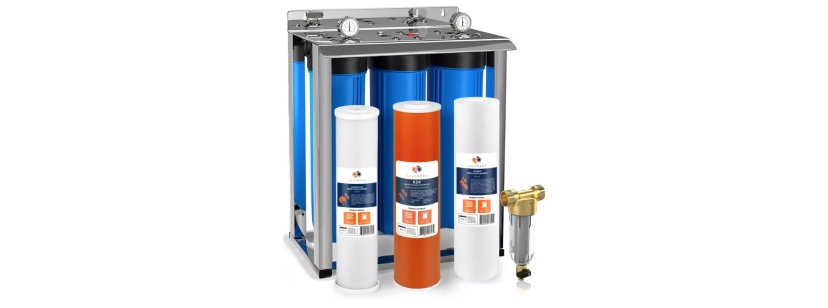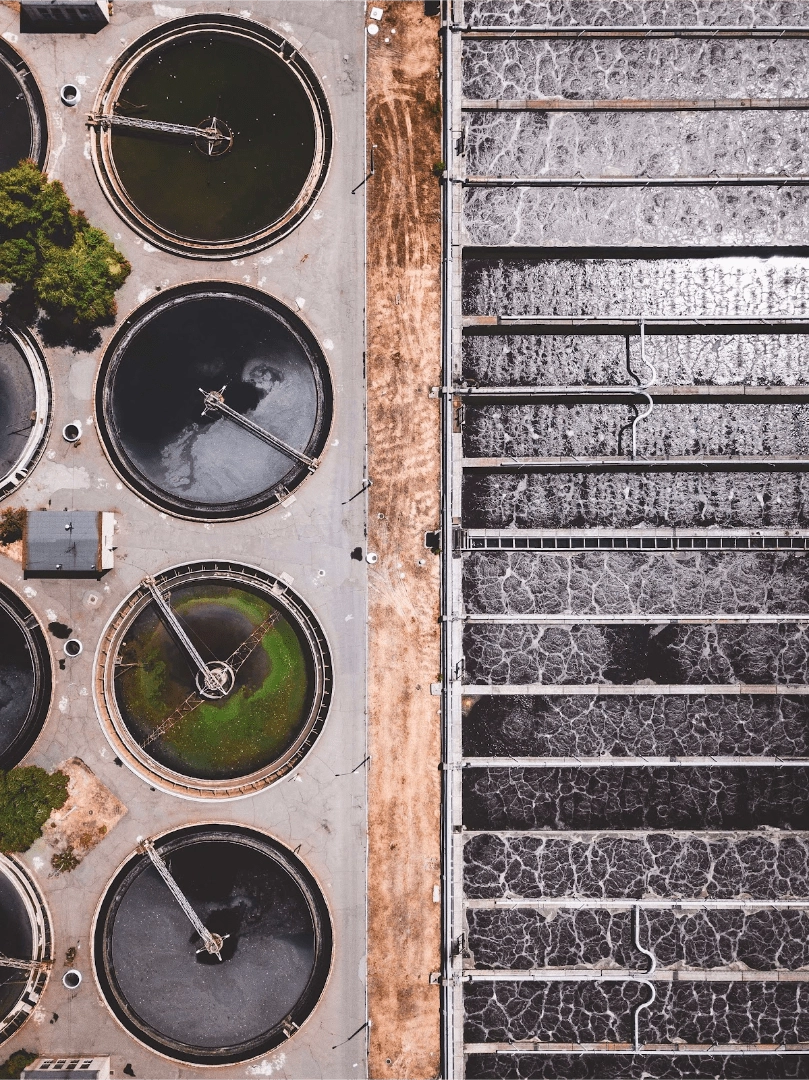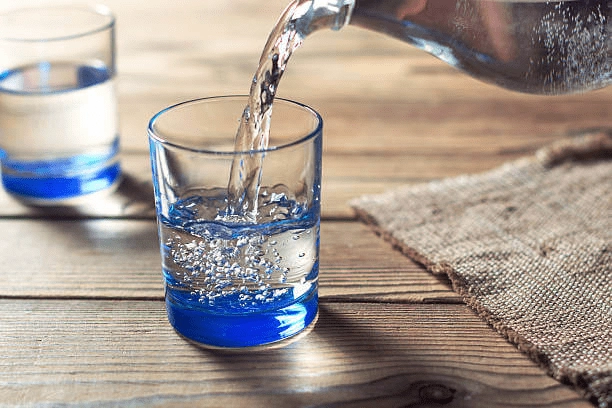A greater number of the United States population might feel a bit safe using the public water system, but the 43 million people using private Wells can't feel the same way. Why? Private wells are not regularly tested and have a high chance of being hard water.
Perhaps, you're among the 43 million people, and you're not sure if your water is salty. Or you're sure and looking for water hardness treatment options. In this article, we'll discuss ways to know about hardness, choosing a softener, and how hard water solutions home like Filterway can help.
Keep reading.
How do I know about the presence of hard particles?
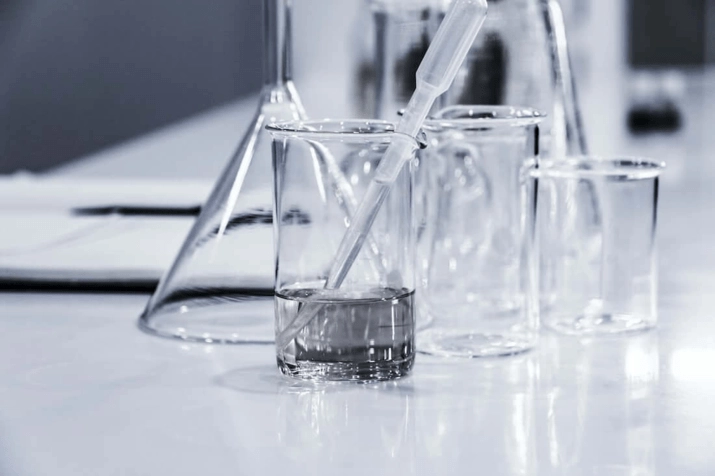
Source: Hans Reniers on Unsplash
The simplest way to know about hard particles is by feeling the liquid. Unlike soft water, hard ones contain dissolved minerals like calcium and magnesium. So when you wash your hands or body with soap, these minerals won't allow lather to form. However, you can carry out a test. Once you confirm the presence of dissolved minerals, find hard water solutions for home, like a water softener (ion exchange unit).
What are the risks associated with hard water?
Hard water can affect nearly every part of your home water system, including pipes, appliances, and fixtures. The table below summarizes the most common problems and their potential impacts.
Problem | Cause | Potential Impact |
Limescale buildup in pipes | Calcium and magnesium deposits | Reduced water flow, clogged pipes, higher maintenance costs |
Reduced appliance efficiency | Mineral scaling in water heaters, dishwashers, washing machines | Higher energy bills, shorter appliance lifespan |
Spotting on dishes and glassware | Mineral residue left after evaporation | Dull appearance, difficulty keeping dishes clean |
Soap scum in bathrooms and kitchens | Minerals reacting with soap | Stains on tiles, bathtubs, and sinks |
Skin and hair dryness | Minerals interfering with soap and shampoo | Itchy skin, dull hair |
Laundry stiffness | Minerals bonding with fabric fibers | Rough, faded clothes, reduced fabric lifespan |
Hard water treatment options
There’s no single solution that works for every home. The best approach depends on the hardness level, your budget, and your household’s water usage. Here are the most effective hard water solutions:
1. Water softeners
A water softener for hard water uses an ion exchange process to replace calcium and magnesium with sodium or potassium ions. This is the most effective long-term hard water treatment for preventing scale buildup.
Pros:
- Eliminates limescale in pipes and appliances
- Reduces soap scum and spotting
- Softens laundry and improves skin feel
Cons:
- Requires periodic salt refills
- May add small amounts of sodium to drinking water
2. Salt-free water conditioners
These systems don’t remove minerals but instead alter their structure to prevent them from sticking to surfaces.
Pros:
- No salt or chemicals required
- Minimal maintenance
Cons:
- Less effective in very hard water conditions
- Doesn’t fully eliminate scaling in all cases
3. Reverse Osmosis (RO) systems
An RO system forces water through a semi-permeable membrane, removing up to 99% of dissolved solids — including calcium and magnesium. While often used for drinking water, RO can also be part of a whole-house hard water filtration system.
Pros:
- Produces very pure water
- Removes multiple contaminants in addition to hardness
Cons:
- Slower filtration rate
- Produces some wastewater
Whole-house hard water filters
A hard water filter designed for the entire home combines sediment removal with specialized media that target minerals. This is ideal if you also want to filter chlorine, sediment, or other impurities.
Pros:
- One system treats all water entering the home
- Can be combined with other filtration technologies
Cons:
- Higher upfront cost
- Media replacement required periodically
How to choose the right softener?
The best solution for hard water is an ion exchange unit or hard water filters for home. Here is how to select the right unit:
1. Carry out a hardness test
The hardness is gauged in grains per gallon (GPG), parts per million (PPM), or milligrams per liter (mg/L).
2. Find out the quantity of water your household uses each day
You can do this by counting the number of persons in your house and multiplying by the number of gallons used daily.
That is, No. of people × no. gallons per day = daily usage.
3. Know the required grain capacity of the softener for your household
Softener sizes are determined by GPG, PPM, or mg/L. When you select softeners that are too small for the grain capacity needed, the unit will be overworked and have no salt by the next regeneration date. To know what size to purchase, use this formula:
Grains per day × gallons consumed per day = water softening capacity per day.
For 3 days of regeneration, use: grains per day × daily usage × 3 days = capacity.
4. Pick the right size of the resin tank
Resin tanks are where minerals in hard liquids are switched for tiny sodium ions. When this switch happens, the ions soften hard liquids. So, if your needed grain capacity is 20,000, then go for 1 cubic foot of resin. If you're not sure, contact Filterway to know the accurate size of the resin tank suitable for your household.
5. Pick a regeneration system that suits you
You can either pick a metered system or a clock system. Both types require the GPG, capacity of the ion exchange unit, and the number of people at home. However, a meter system will only regenerate when the set volume has been used, no matter how long it takes. But a clock system lets you input specific times for regeneration.
6. Add a filtration system
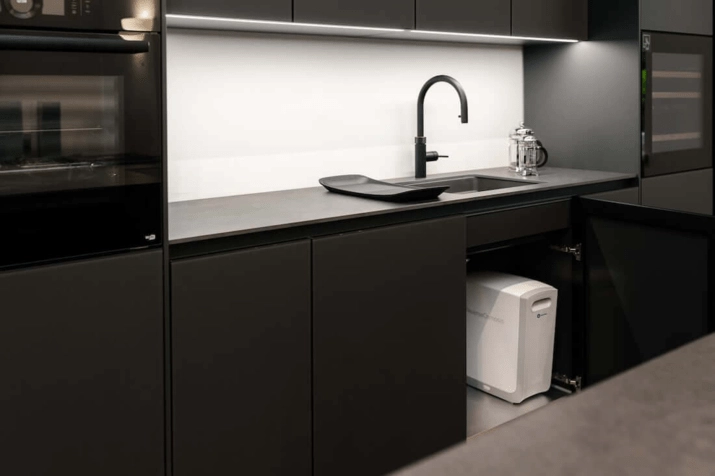
Source: Bluewater Sweden on Unsplash
Aside from removing dissolved minerals, you don't need other contaminants like rust or sand in your liquid—especially your drinking water. Combining water filters with softeners will give the best aqua quality. But if you don't want whole house water filters, you can opt for a hard water sink filter.
How does a softener work?
Softeners are made up of resin tanks and beads. These resin beads contain tiny sodium ions. When hard liquid flows from its source at the average flow rate of home water into the resin tank, the beads capture and retain minerals, thereby softening hard water.
For how to soften hard Well water, an ion exchange unit will use this same process to deliver purified aqua from your well to your faucets.
Benefits of a softener
Here are 7 advantages of a softener:
- You'll use less soap or detergent.
- No slimy feeling or itching after washing hands, hair, or body.
- Kitchen wares are clear after washing.
- Clothes will be soft and last longer.
- Plumbing and appliances will last longer because there won't be limescale buildups.
- There will be no taste or smell in your aqua
- You save more money. This means you won't be buying new appliances, treating skin irritations, or paying high electricity bills always.
Where to buy the best water softener?
You can buy the best softener or other solutions for hard water from Filterway.com



